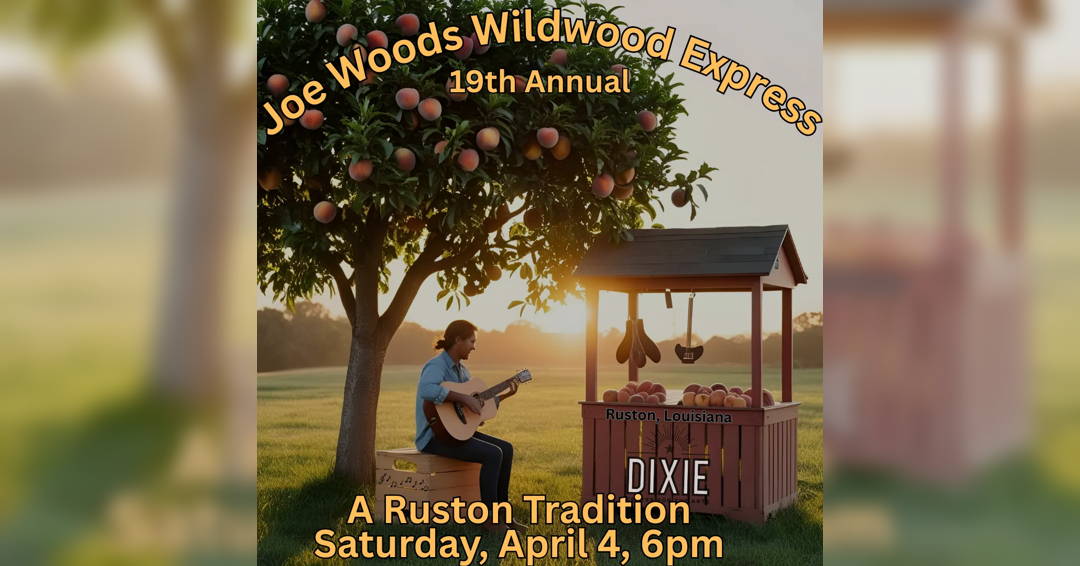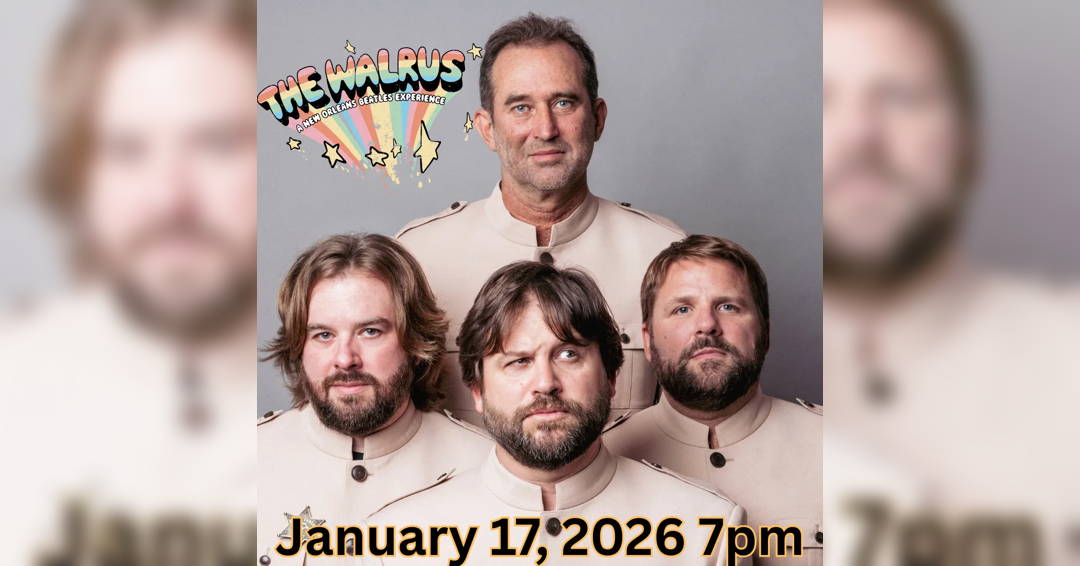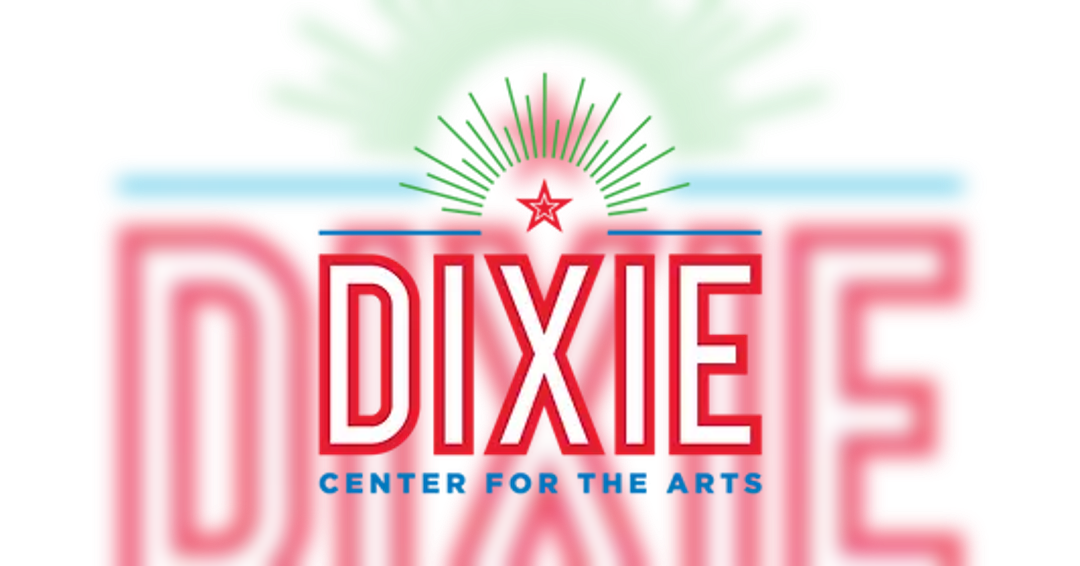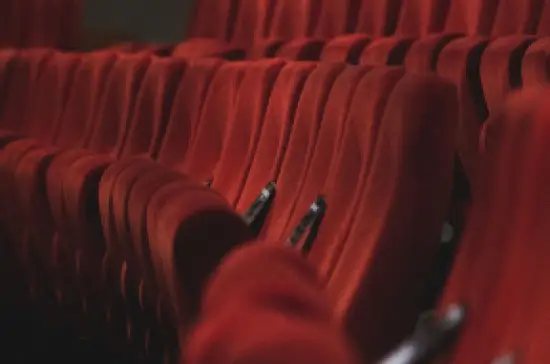Loading...

Is this your organization’s page?
Take ownership and manage this page on Artelize for free
Take ownership and manage this page on Artelize for free
Dixie Center for the Arts
Ruston, LA, United States
The Dixie Center for the Arts, a cultural landmark nestled in North Central Louisiana, boasts a rich history that dates back to its inception as the New Astor Theatre in 1928. Initially debuting silent films, the theatre underwent a significant transformation in 1932 when it was purchased by T.L. James, a prominent citizen of Ruston. Under his guidance, the theatre experienced renovations that included the installation of a grand chandelier, which remains a feature of the establishment to this day. Reopening as the Rialto, the theatre embraced the era of "talkies," movies with sound, but was soon marred by a fire in early 1933 that caused extensive damage to the stage, seating, and sound and stage equipment. Despite this setback, the Rialto was restored to glory a few months later, emerging as North Louisiana's most magnificent show house with a completely new interior décor. In 1937, the management was taken over by the Dixie Theatre Corporation of New Orleans, which resulted in alterations to the front lobby including a street-accessed box office, a confectionary shop, and a segregated entrance—an unfortunate reflection of the racial tensions during the Great Depression. Although most physical traces of the segregated entrance have been removed, its history serves as a poignant reminder of the theatre's evolution into an inclusive space for all. The theatre continued to evolve with the societal changes, undergoing a transformation in 1956 to reflect the public's fascination with futuristic technology and the space race. This renovation introduced air conditioning, Comet chairs, and the distinctive neon star above the marquee, which still shines today. The 1960s brought another remodel, but by 1978, the rise of home entertainment and modern theatres led to the Dixie ceasing movie operations. Local citizens, however, kept the theatre alive through various forms of local entertainment, and in the 1980s and 1990s, under the ownership of James C. Howard, it hosted events such as the weekly Joe Wood's Wildwood Express band and the Dixie Jamboree. The building's historical significance was recognized on October 14, 1993, when it was added to the National Register of Historic Places. By 1994, the theatre had fallen into disrepair and was closed due to safety code violations. In response, a group of dedicated locals formed the Dixie Center for the Arts in 1996, with a vision to restore the theatre. With the help of the North Central Louisiana Arts Council (NCLAC), they secured early funds, planned renovations, and over the next decade, raised funds, won a Rural Development Grant in 1997, and received state funding in 1999. The Dixie Theatre reopened in 2006, with a renewed purpose to serve as a rallying point and home for the arts in Ruston and the wider region. Today, it houses the offices of NCLAC, hosts the Ruston Community Theatre's annual shows, and is available for rentals for a variety of events. Owned by the DCA nonprofit, the theatre continues to be a vibrant hub for meetings, performances, and special events. For further information or to schedule a visit, the Dixie Center for the Arts can be contacted at 318.255.1450.
Featured events
Events
Upcoming events
Featured performers and creators
Articles & News
Contact information
Dixie Center for the Arts
Ruston, LA, United States



 Find Tickets
Find Tickets

